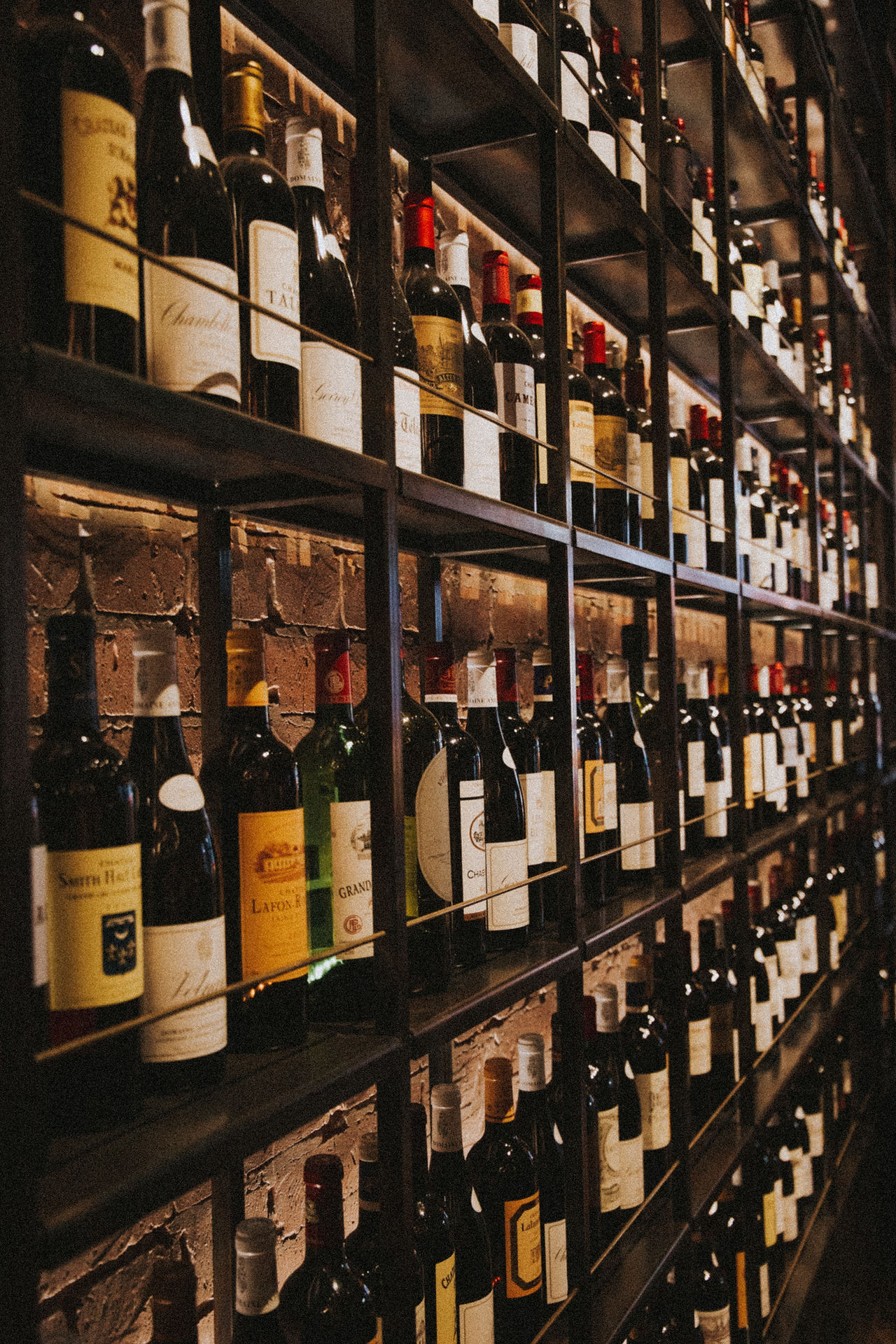
Everybody seems to be talking about natural wines and there are suddenly huge numbers available. There are speciality websites and stores and new sections appearing on wine lists. So what are they - what makes natural wines so damn natural?
I ask the question only partially tongue in cheek - because while modern winemaking does involve a huge amount of intervention from winemakers and the addition of additives - sulphur dioxide being the most common - it is one of the most natural processes possible. The sugars in grape juice interact with yeasts already on the grape skins (or sometimes added by a winemaker) and produce ethanol (that's alcohol!!) and carbon dioxide. Even without human intervention, a big pile of grapes would soon become a big pile of highly alcoholic and kind of rotten grapes.
What then makes these tipples, advertsising themselves as natural so much more so than any other glass of wine? Let's take the wine in the image as an example. This is the natural wine label for iconic NZ producers Millton. The grapes are handpicked then left in upright wooden vessels where the weight of the grapes themselves splits the skins and starts the fermentation process. No added yeast, no temperature control and just some stirring to help the fermentation along. Once its been pressed to barrels it sits again before bottling. No fining, no filtering and the most minimal amount of sulphur so the wine is stable.
All this means that when you pour a glass its cloudy - and the flavours are deeper with an earthy spiceiness like cardamon or fennel seed. I think its fabulous - and as you can see from the description of the winemaking - natural here means the lowest possible level of human intervention to make sure a delicious product results.
Adding to their natural credentials, Millton are fully organic and biodynamic - and this is certainly the trend among those wineries doing "natural" wines. Its about respect for the land that produces the grapes; for the grapes and the flavours they contain and the idea of wine as a product which should truthfully speak of both those things.
As well as natural as a descriptor, you might see wines described as lo-fi - and the same basic principles hold - as little intervention from the winemaker as possible; often traditional or by-hand methods; minimal use of additives, minimal use of temperature control. One of the key interventions usually left out is the filtering and fining of the wine. This process would usually removed sediment, dead yeast and many of the other by-products of the fermentation and aging process in order to produce the clear, bright liquid most people expect in a glass of wine. The argument is, that these sediments actually add to the wine drinking experience. They change the body of the wine, the way it feels in your mouth and to some extent the aroma and the taste.
If you haven't tried a natural wine before - be prepared - sometimes the first sniff and the first taste will remind you more of cider than wine. The acid is often high and the flavours then heading more to earth and spice rather than the crisp, fresh fruit you expect if a NZ sav blanc is your usual tipple. And not all natural or low-fi or low intervention wines are going to be good - in fact many are pretty mediocre - but then many wines fullstop are that!
The trendiness might also be putting you off - don't let it. We do not need to put a minus everywhere the millenial puts a plus! I think these wines have become trendy for a reason beyond their instagrammable labels and erstwhile green credentials. Its because they are such genuine expressions of the land and the grapes that made them. The french term terroir has become one that more people understand - the idea that the soil, the geography, the topography, the weather, the tradtions - everything about where a grape grows has an impact tasteable in the final product. Natural wines take that one step further and that makes them fascinating. It also often makes them incredibly delicious!
Looking for a few to try? I'm obviously a fan of the Millton libiamo range - but they are rarely cheap. Known Unknown are a great urban winery based in New Plymouth making very affordable and really good low-fi wines. Vandal - out of Marlborough are making some cheeky wines - try a bottle of the hilariously named Pet Bat - yes its a Pet Nat - naturally efferescent wine. Or for something a little more like what you're used to but with the small-batch, minimal intervention philosophy - try Neck of the Woods from Central Otago - as it says on the label - not mass produced S**T.
(And keep an eye on the online store - Wilson plans to be stocking several of these wines soon!)

Comentários